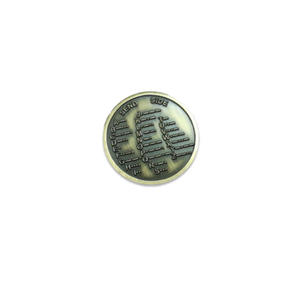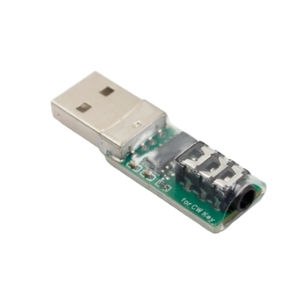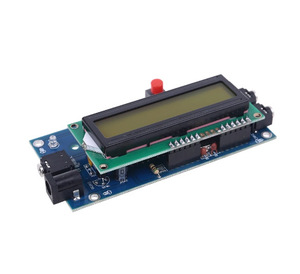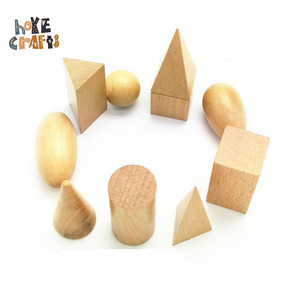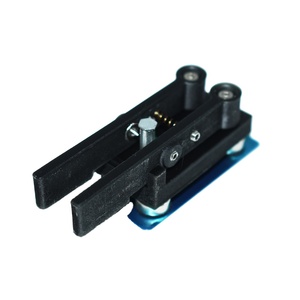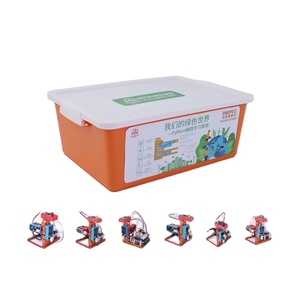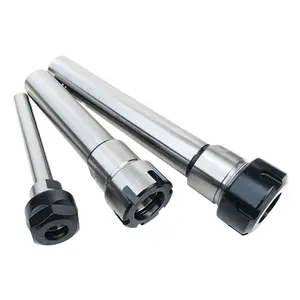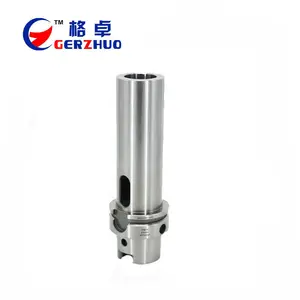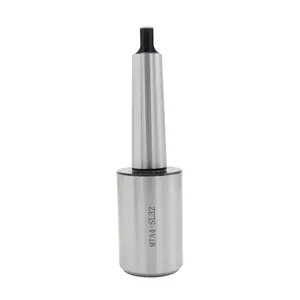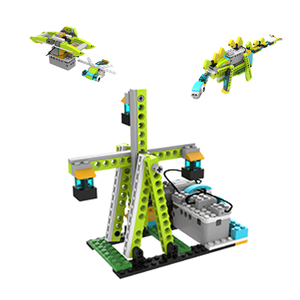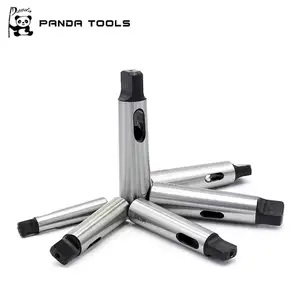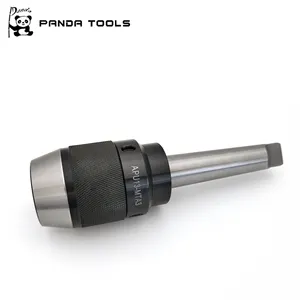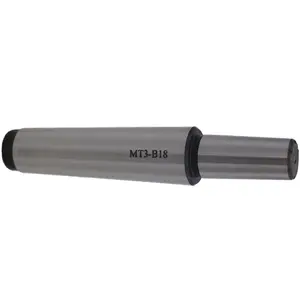How To Learn Morse Code







 1/14
1/14







 1/13
1/13



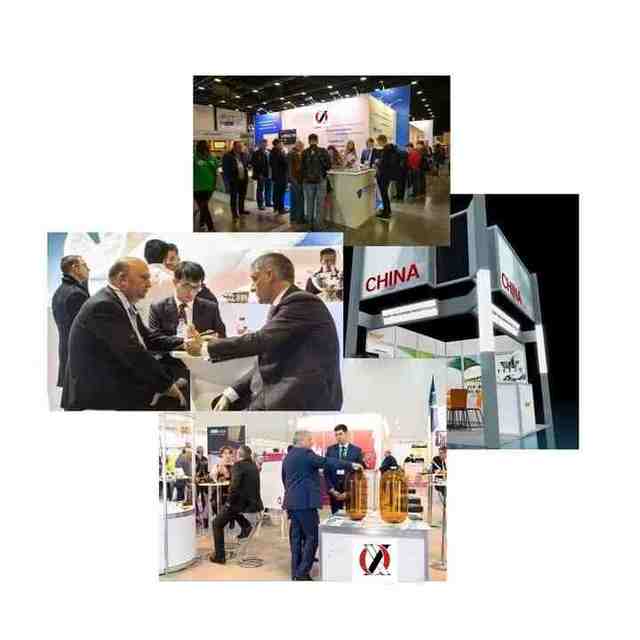

 1/2
1/2





 1/3
1/3





 1/3
1/3

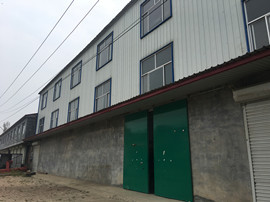

 1/3
1/3



 1/3
1/3











 1/3
1/3



 1/3
1/3





 1/3
1/3




 1/3
1/3




 1/3
1/3



 1/3
1/3







 1/16
1/16



 1/3
1/3



 1/3
1/3












 1/3
1/3

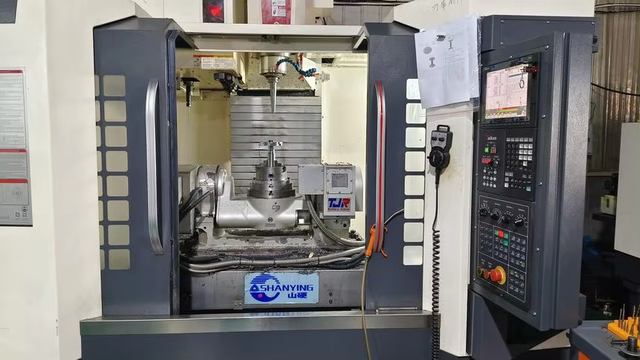

 1/3
1/3
About how to learn morse code
Where to Find Morse Code Learning Tools Suppliers?
China serves as the primary global manufacturing hub for electronic learning devices, including specialized tools for morse code training. A concentrated cluster of suppliers operates within the Shenzhen region of Guangdong Province, leveraging its established electronics supply chain and proximity to component manufacturers. This ecosystem enables rapid prototyping, efficient sourcing of microcontrollers, oscillators, and wireless modules, and streamlined assembly processes.
Suppliers in this region benefit from vertically integrated production networks, where printed circuit board (PCB) fabrication, surface-mount technology (SMT) assembly, and final testing occur within close geographic proximity. This integration reduces lead times for both standard and customized units, with typical fulfillment cycles ranging from 15 to 30 days for small to mid-volume orders. Buyers gain access to flexible production runs, cost-effective component sourcing, and scalable output due to the availability of skilled labor and mature infrastructure.
How to Choose Morse Code Learning Tools Suppliers?
Effective supplier selection requires a structured evaluation based on technical capability, operational reliability, and transactional transparency:
Technical Expertise and Product Range
Assess suppliers' core competencies in analog and digital signal processing, particularly in continuous wave (CW) keying circuits, oscillator design, and wireless transmission modules. Suppliers specializing in radio frequency (RF) training equipment—such as CW decoders, key trainers, and coin-style transmitters—are better positioned to deliver functional, stable devices. Prioritize those offering product variants like manual keys, automatic keyers, and wireless training systems.
Production and Customization Capacity
Evaluate customization options including material selection (e.g., stainless steel, walnut housing), size variations, color finishes, logo imprinting, and packaging configurations. Leading suppliers support OEM/ODM services with minimal setup costs for low-volume orders. Confirm whether firmware-level adjustments (e.g., speed calibration, tone modulation) are available for advanced user requirements.
- Minimum order quantities (MOQs) range from 1 piece to 100 pieces depending on model complexity
- Suppliers with dedicated R&D teams can implement custom circuit modifications or interface integrations
- Cross-reference product listings with response time metrics (target ≤3 hours) and on-time delivery rates (ideal ≥97%) to assess operational efficiency
Quality Assurance and Transaction Security
While formal certifications such as ISO 9001 or RoHS compliance are not universally declared in available data, buyers should request documentation on quality control procedures, component sourcing standards, and pre-shipment inspection protocols. Utilize secure payment mechanisms and verify supplier performance through historical transaction volume indicators and reorder rate analysis. A reorder rate below 15% may indicate lower customer retention, whereas higher rates suggest consistent product satisfaction.
What Are the Best Morse Code Learning Tools Suppliers?
| Company Name | Location | Online Revenue | On-Time Delivery | Avg. Response | Reorder Rate | Key Offerings | Customization Options |
|---|---|---|---|---|---|---|---|
| Shenzhen Tianzhongtian Trading Co., Ltd. | Guangdong, CN | US $410,000+ | 94% | ≤3h | <15% | Mini CW keys, automatic/manual versions, black walnut housings | Color, material, size, logo, packaging, graphic labeling |
| Shenzhen Umean Technology Co., Ltd. | Guangdong, CN | US $470,000+ | 93% | ≤7h | <15% | Wireless CW trainers, K4 key oscillators, DIY decoder kits | Material, size, button layout, motor specs, battery compatibility, frame options |
| Shenzhen Xintaiyuan Technology Co., Ltd. | Guangdong, CN | US $60,000+ | 99% | ≤2h | 15% | K4 trainers, wireless amplifiers, CW decoders, radio modules | Limited customization; focused on electronic components and ICs |
| Shenzhen Mingweida Electronics Co., Ltd. | Guangdong, CN | US $20,000+ | 97% | ≤2h | <15% | Manual Morse keys, RTTY/PSK trainers, shortwave telegraph systems | Development boards, module integration, communication protocol support |
| Shenzhen Lonten Technology Co., Limited | Guangdong, CN | US $140,000+ | 91% | ≤7h | 27% | Custom stainless steel keys, sounding keys, V2+ trainer models | Full customization: housing, engraving, sound output, packaging |
Performance Analysis
Shenzhen Xintaiyuan stands out with a 99% on-time delivery rate and sub-2-hour average response time, indicating strong operational discipline despite moderate revenue volume. Shenzhen Lonten Technology exhibits the highest reorder rate (27%), suggesting superior customer satisfaction, likely driven by high-end custom builds and premium materials. In contrast, higher-revenue suppliers like Shenzhen Umean and Tianzhongtian maintain broad product portfolios but report lower repeat purchase activity, potentially due to standardized offerings.
Buyers seeking rapid turnaround and reliability should prioritize suppliers with verified response times under 3 hours and delivery consistency above 97%. For niche applications—such as amateur radio training or educational kits—suppliers offering development boards and programmable interfaces provide greater flexibility. Those requiring branded or aesthetically differentiated products should engage partners with proven experience in material finishing, laser engraving, and retail-ready packaging.
FAQs
How to verify morse code learning tool supplier reliability?
Analyze on-time delivery performance, response latency, and transaction history. Request evidence of quality control processes, component traceability, and pre-shipment testing procedures. High reorder rates and consistent pricing across order volumes indicate operational stability.
What is the typical MOQ for morse code trainers?
MOQs vary significantly: basic electronic trainers often require only 1 piece, while bulk-configured models (e.g., classroom sets) may require 100 pieces. Custom-designed units typically require 5–10 units to justify tooling and programming setup.
Can suppliers customize morse code training devices?
Yes, leading suppliers offer customization in housing material (stainless steel, wood), color, size, branding (logo imprinting), circuit configuration, and packaging. Advanced options include firmware tuning for transmission speed, tone frequency, and power management.
What are common price ranges for these tools?
Entry-level electronic trainers start at $5.63 per unit in small quantities. Mid-range manual keys and wireless systems range from $13.89 to $23.20. High-end custom-built units with premium materials and advanced features reach up to $105.90 per piece.
Do suppliers support global shipping?
Yes, most suppliers listed have international transaction experience. Confirm Incoterms (FOB, CIF), shipping methods (air or sea freight), and compliance with destination regulations for electronic devices. Air freight is recommended for samples and small batches due to faster transit times.







